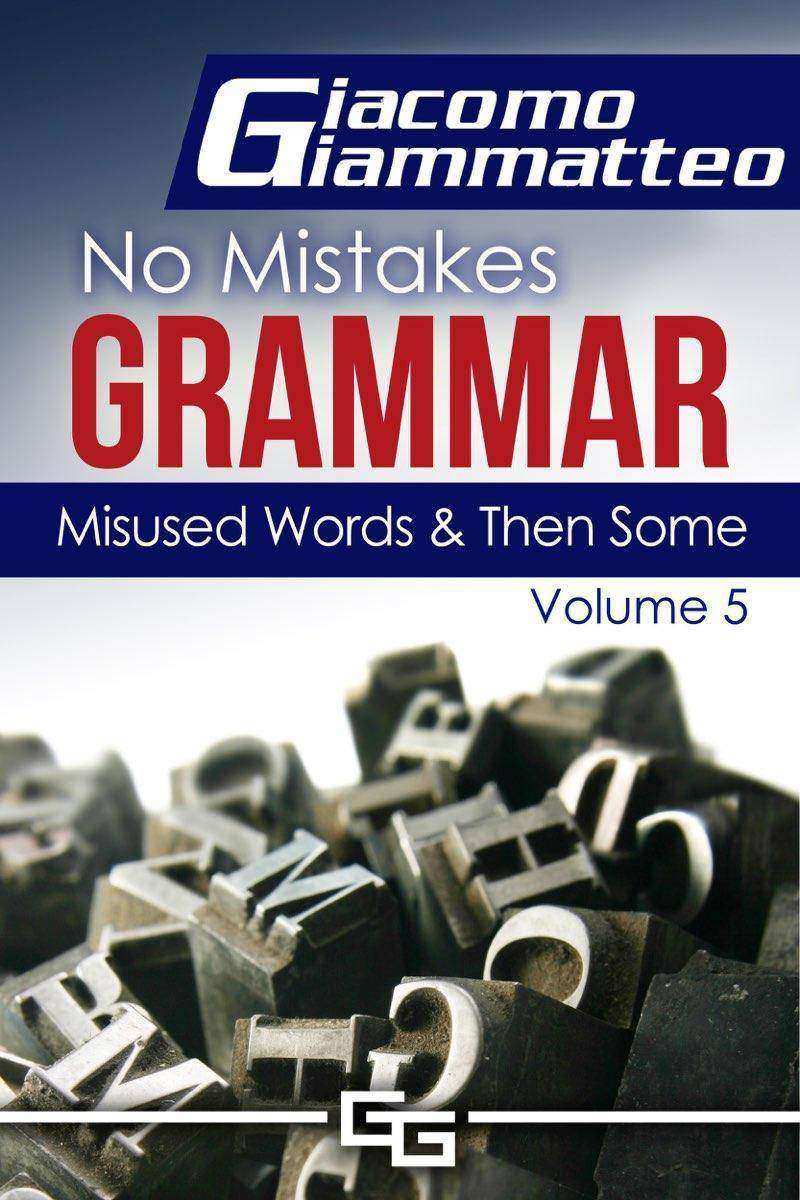
Misused Words and Then Some: No Mistakes Grammar, Volume V
¥32.62
This is the final book in the No Mistakes Grammar series, so be prepared to learn. We cover a lot of territory in this book. Things like: count nouns (data and media), linking verbs, comma usage, hyphenation, sayings and proverbs, appositives, more mispronunciations, words from other languages, and more. There should be enough in here to keep you busy for a while. And I guarantee it will improve your grammar in an easy-to-understand style. ?
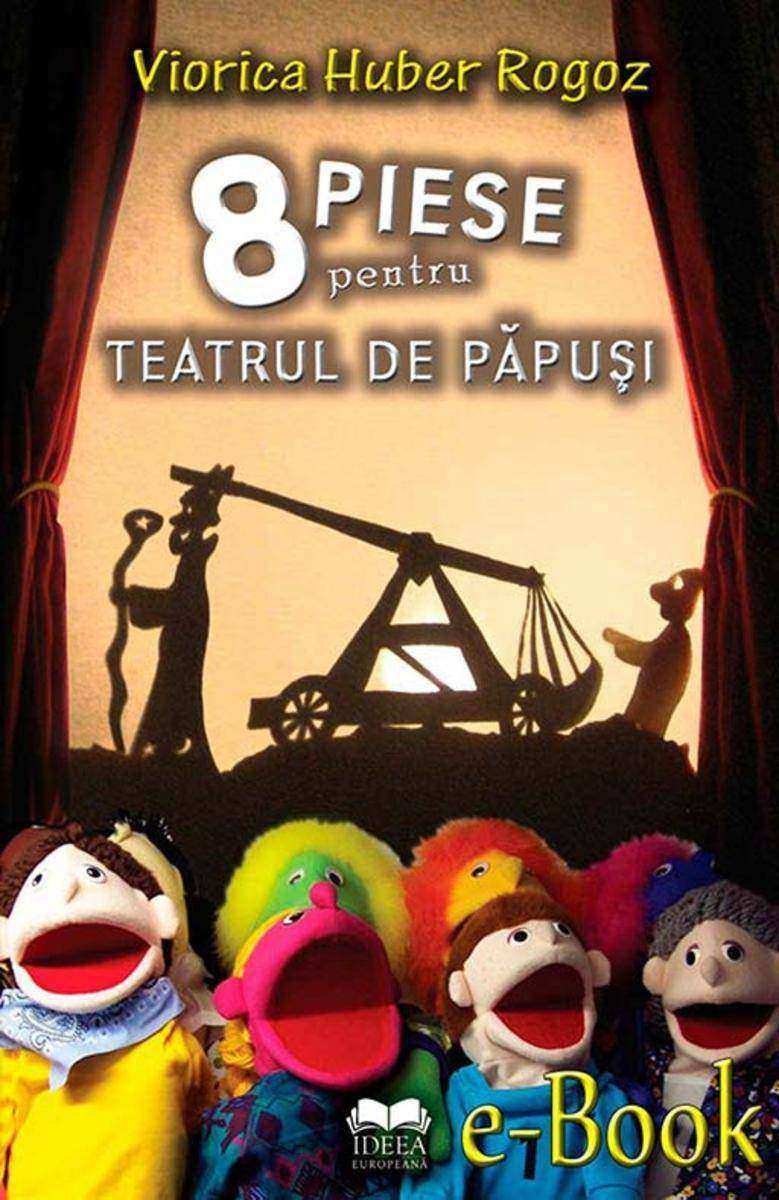
8 piese pentru teatrul de p?pu?i
¥32.62
** Pamella Singh – Miss India 1982… spioan? de pat la NATO ** Frumoasele Miss, prad? u?oar? pentru trafican?ii de stupefiante ** Angela Nichitin – Miss Johannesburg, victim? a traficului de carne vie ** O Miss pentru solda?ii americani din Irak ** Miss Diaspora… uneori important poten?ial pentru spionaj ?i contraspionaj? ** Momeal? pentru pedofili ** Tita Cristescu, fost? Miss Rom?nia, ucis? cu cianur? de potasiu ** Concursurile Miss ?i reginele alese, motiv de scandal ?i crim?? ** Heather Whitestone – Miss America 1994, sub teroarea unui obsedat ** Evreica Lise Goldarbeiter – Miss Univers 1929 a supravie?uit nazismului ** C?teva regine… surpriz? **** Zsa Zsa Gabor – Miss Ungaria 1936. Nou? c?s?torii ?i scandaluri cu duiumul ** Rosemarie Frankland – Miss Univers 1961, ucis? de singur?tate? ** Imelda Marcos – Miss Leyte ?i ?Muza Manilei“ al?turi de un dictator ** Bess Myerson – Miss America 1945, de la politicieni, la mafio?i ** Plou? cu Miss-uri: Nud, Fund Mare, Jumbo ?i mai tr?snite ** Miss Penitenciar sau… Miss Pu?c?rie? ** Zig-zag ?n lumea concursurilor de frumuse?e ?i a concurentelor. Pilule dulciFiecare om, evident, are destinul s?u. Reginele au avut ?i au, ?i ele, firesc, destinul lor. Cele ?ncoronate ?i declarate ca atare datorit? frumuse?ii lor fizice ?i intelectuale sunt, de multe ori, superioare celor n?scute cu s?nge albastru, dar totodat? ele sunt expuse ?i mai mult unor pericole ce le dau t?rcoale. Tenta?iile ce apar des ?i capcanele ce li se ?ntind fostelor Miss sunt de multe ori ?irezistibile“. Din nefericire, unele tinere nu le-au sesizat la timp ?i, treptat, uneori f?r? voia lor, au c?zut ?n plasa unor servicii de spionaj sau a unor re?ele mafiote interna?ionale, implicate ?n traficul cu droguri, armament ?i fiin?e umane. Altele, ?ns?, au avut un destin ?i mai tragic, ajung?nd dup? gratii sau devenind ?inta unor asasinate care au f?cut v?lv? ?n pres?.Au fost ?ns? ?i ?Regine“ fericite. Din p?cate, pu?ine ?i pentru o perioad? scurt? de timp. Nici ?n lumea Miss-urilor n-au fost ?i nu vor fi dou? destine la fel.O carte ce cuprinde un soi de miniromane poli?iste, axate pe soarta, uneori-adeseori, dramatic? a reginelor frumuse?ii.
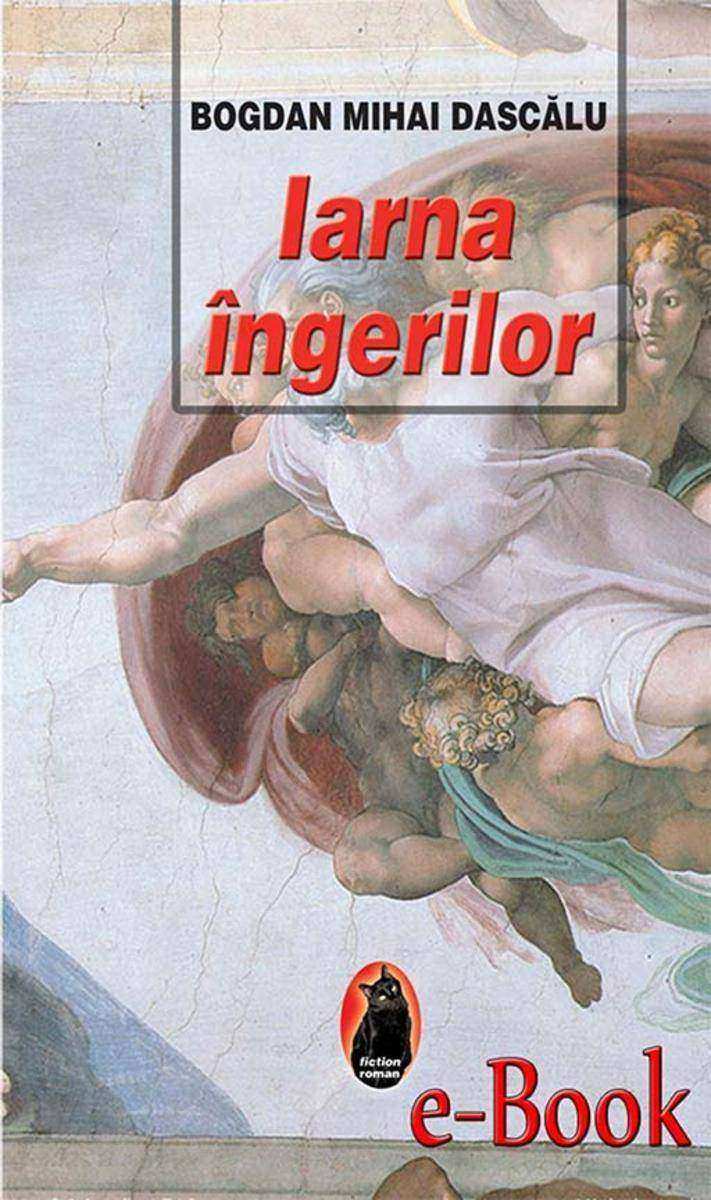
Iarna ?ngerilor
¥32.62
Eseuri ?i cronici teatrale structurate simultan ?n dou? planuri, ?nc?t se reconstituie panorama artei spectacolului ?n Rom?nia ?i par?ial ?n lume, ?n perioada 1993-2003, ?i se realizeaz? o privire din unghiul zilei de azi a artei dramatice, ?n evolu?ia ei, de la antici la contemporani.

Who Do We Think We Are?
¥32.62
A kaleidoscope of stories about war, displacement, revolution and liberation taking us on an emotional journey across three continents. Based on the actors’ personal and family experiences, the stories interweave and overlap, exploring moments of joy, sadness and laughter set against key historical events over the last hundred years. Poignant, moving, funny, inspiring, this is the first piece of work created by the Visible Ensemble, dedicated to putting older performers and their rich lives centre stage.

A to Z Gardening for Beginners
¥32.62
Gardening might seem like an easy thing to do. Buy a plant, dig a hole in the ground, drop the plant in it, and cover it up waiting for blooms to suddenly appear. If only it were that simple. The overall idea of gardening is basic, but gardening is very intricate. It’s not as simple as just buying a plant and planting it. Gardening involves pest control, weeding, knowing the needs of each plant, soil types, etc. But if you’ve just started to become interested in gardening, there’s a lot to know. It can be easy to get excited and buy everything you see garden related, but take it slow. This guide will help you know all the basics of gardening. Everything from types of gardens, how much sunlight plants need, companion planting, essential gardening tools to have, and much more. When you’re done reading, you’ll be fully prepared to create your garden and make it one of the best. The Benefits of Gardening So, you decided to give gardening a try. That’s great! Gardening has many benefits for your health. It can not only help to improve it, but it has the ability to reduce stress and anxiety and works to keep your mind active. It also good to help relax. Relax? Yes, gardening can lead to relaxation in many ways. One is that you’re outside and in nature. It’s been scientifically proven that being outside can help give you daily doses of Vitamin D, help improve your mood, and give you a better night’s sleep. The other way of relaxation is just that, sleep. Working in a garden can help give you a better’s night sleep. So, before you decide to take other means to fall asleep, try spending a day gardening instead. These benefits are just a sample of the happiness and fulfillment that gardening will give you.

Perfect Nemesis: A Play
¥32.62
Perfect Nemesis: A Play

A to Z How to Grow Weed at Home for Total Beginner
¥32.62
Do you want to be in full control over where your weed grows? Maybe you are tired of dealing with that shady dealer or you are simply tired of paying for it. If you are here for the above reasons or any other one, then you are in the best place a stoner can be! Growing marijuana at home might seem complicated but the truth is that it's quite easy if you have the right information and attitude. Simply put, anyone who loves weed can grow weed! I mean, which stoner would not like to see this beautiful plant growing taller every morning when he or she wakes up? Personally, I decided to start growing cannabis for the heck of it, I got engaged to sweet Maryjane back in campus and it was only right that I should get married to her. That's why I have weed growing in my house, I am just a guy who enjoys his blunt and I want it close to me all the time.

Life in the State of Lagos, Southwest Nigeria
¥32.62
Life in the State of Lagos, Southwest Nigeria
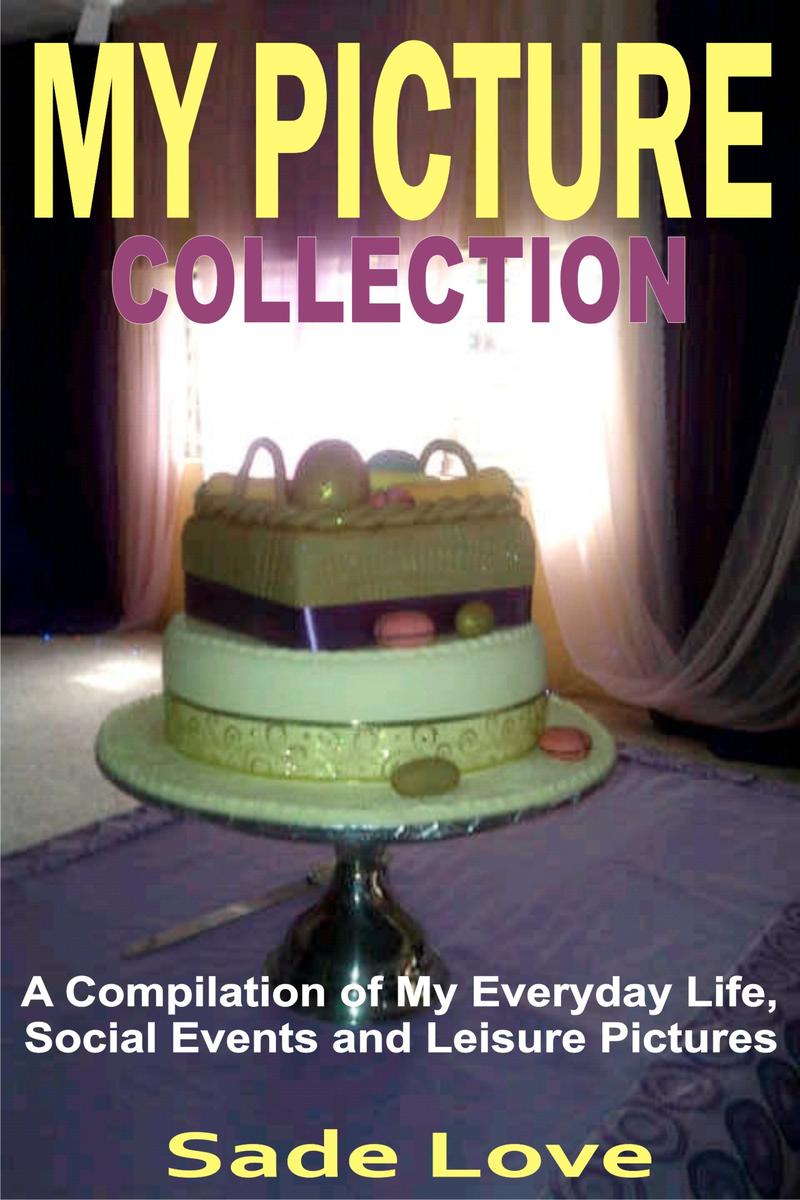
My Picture Collection: A Compilation of My Everyday Life, Social Events and Leis
¥32.62
My Picture Collection: A Compilation of My Everyday Life, Social Events and Leisure Pictures

Life in the State of Lagos, Southwest Nigeria II
¥32.62
Life in the State of Lagos, Southwest Nigeria II
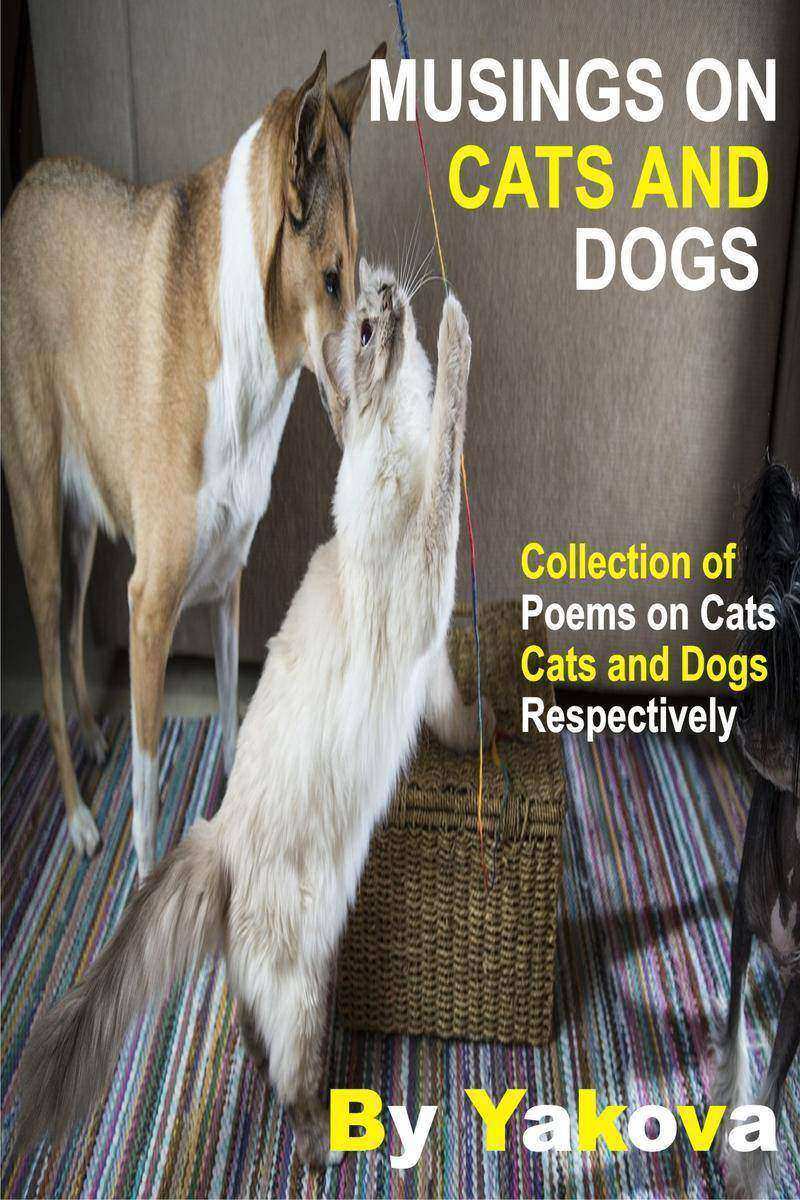
Musings On Cats And Dogs: Collection Of Poems On Cats And Dogs Respectively
¥32.62
Musings On Cats And Dogs: Collection Of Poems On Cats And Dogs Respectively

Before My Wedding: A Play
¥32.62
Before My Wedding: A Play

The Niger Delta Militants: A Play
¥32.62
The Niger Delta Militants: A Play
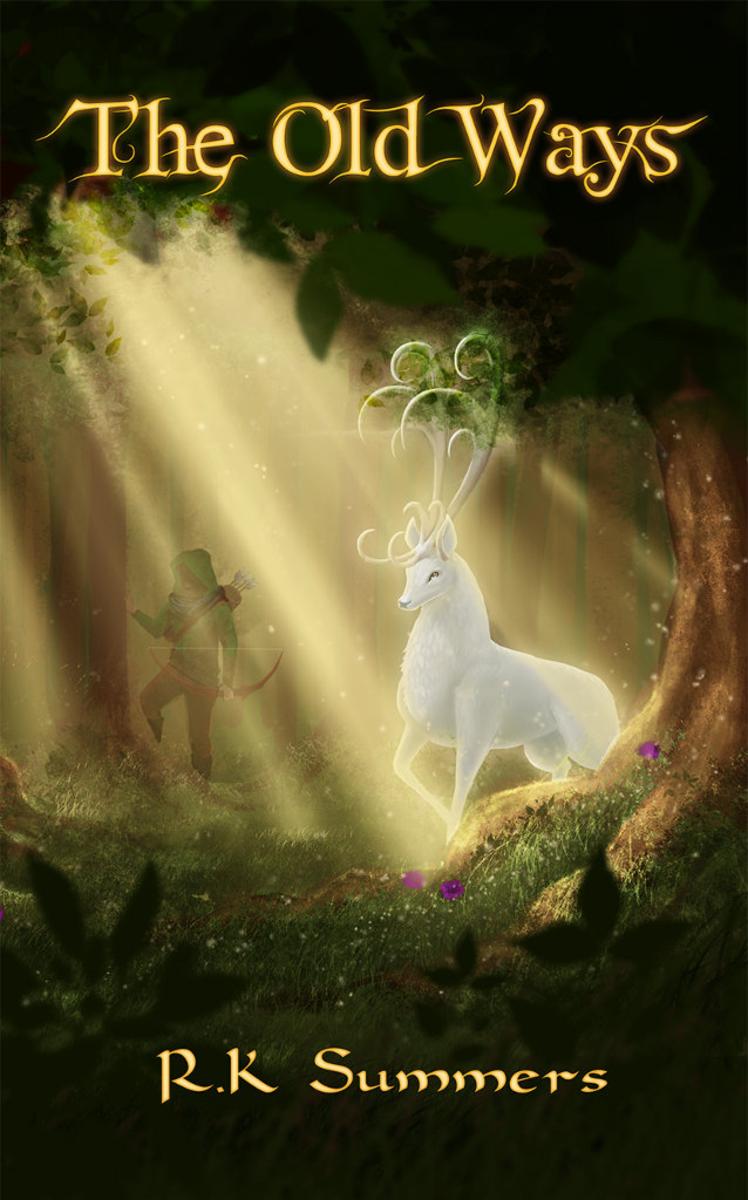
The Old Ways
¥32.62
Something snapped. He let the arrow fly. The night Thomas Rhymer’s young sister is stolen away by shadows and smoke, he discovers there’s more to life than the fields and forests he knows so well. If he has any hope of rescuing Alissa, he must first cross into a realm where magic is lifeblood, and where shadows dance with dragonfire. With the help of the seelie faery Thistledown, Thomas embarks on a treacherous quest, deep into the heart of war-raved Albion. But getting his sister back means pledging aid to Mab, the usurped Queen of the Old Ways, against the tyranny of the Dark Prince. Yet danger and deceit lie around every corner, and some secrets are better left untold.
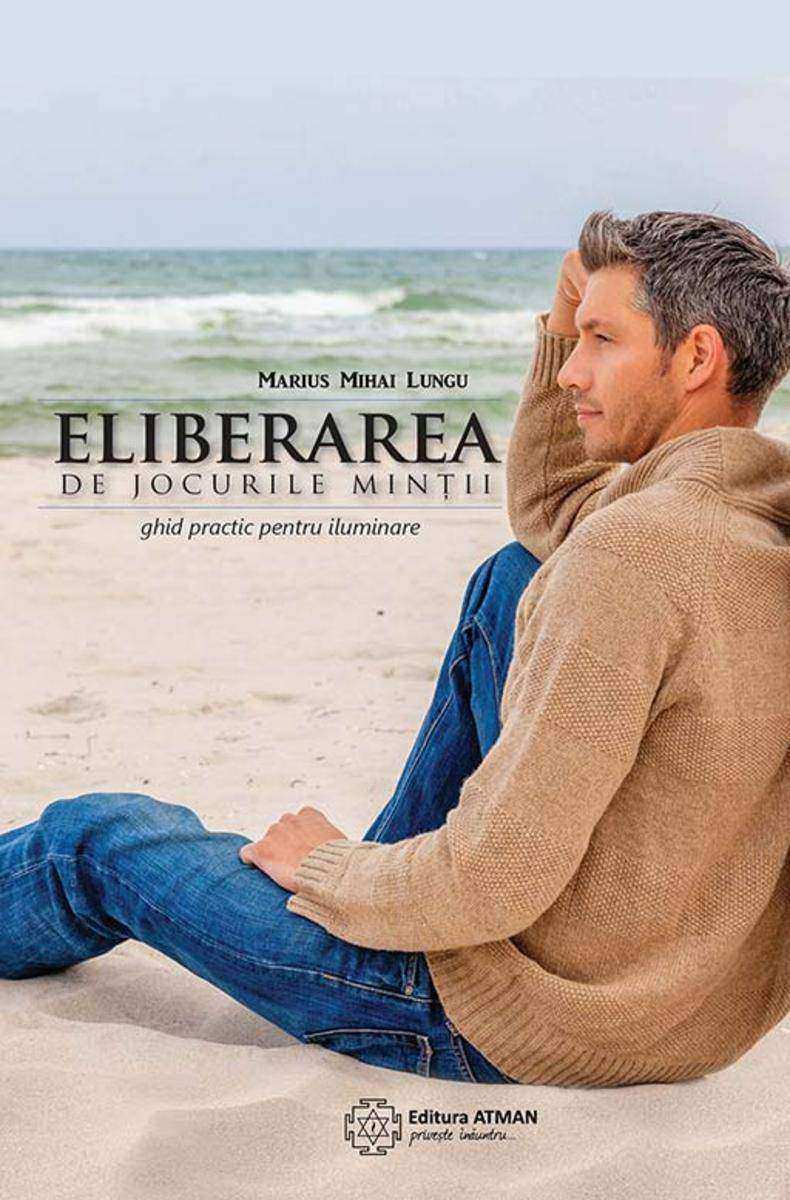
Eliberarea de jocurile min?ii
¥32.62
Indezirabilii, publicat sub egida Institutului de Istorie ?George Bari?iu“ al Academiei Rom?ne, scoate la lumin? informa?ii pu?in cunoscute despre exodul etnicilor evrei, rom?ni, ru?i ?i ucraineni din URSS ?n Rom?nia.Cauzele, mijloacele emigr?rii, reac?ia autorit??ilor, a popula?iei autohtone ?i a organiza?iilor interna?ionale, fenomenele conexe sunt relevate ?n contextul profundelor transform?ri sociale ?i politice din perioada 1919-1939. Prezentarea unor texte scrise de ?i despre emigran?i ofer? detalii asupra atrocit??ilor comise de regimul sovietic, a modului ?n care au fost percepu?i ?i a celui ?n care au perceput indezirabilii statul na?ional unitar rom?n.Fragment din subsec?iunea ?Trecerea Nistrului ?n ambele sensuri: motive ?i consecin?e“Unul din efectele masacrelor de la Nistru din lunile februarie-martie 1932 ?i ale noului val de refugia?i din RASS Moldoveneasc? asupra opiniei publice din Rom?nia a constat ?n exprimarea pozi?iei fa?? de evenimentele tragice ?n publica?ii. Jurnali?tii ?i cercet?torii nu s-au limitat la analiza evenimentelor, ci au publicat o serie ?ntreag? de materiale despre istoria regiunii transnistrene ?i a rom?nilor de acolo. De exemplu, potrivit lui Pamfil ?eicaru, amplificarea represiunilor din URSS reprezenta unul din aspectele luptei ?mpotriva tradi?iei (familia, p?m?ntul, religia), iar rom?nii transnistreni – un bastion de ?nd?r?tnic? rezisten?? a tradi?iei. ?n fapt, purificarea regiunii transnistrene, echivala cu desfiin?area pseudo-autonomiei moldovene?ti, iar dispari?ia entit??ii intra ?n linia necesit??ilor de via?? ale centraliz?rii Moscovei, trec?nd peste particularit??ile provinciale. Motivele extermin?rii sunt rezumate ?n finalul analizei: ?Moldovenii n-au fost buni, n-au slujit scopurilor pentru care li se d?duse chiar ?i titlul de Republic? Moldoveneasc?, dispari?ia lor a ap?rut ca o porunc? nivelatoare a standardului na?ional conceput de Stalin. ?i de pe p?m?nturile unde tr?iesc de veacuri, de pe malurile Nistrului, sunt porni?i ?n dep?rt?rile pustii ?i ?nghe?ate ale Siberiei. Drumul lung ?i greu, foamea, bolile, le va tot ?mpu?ina num?rul, p?n? ce nu va mai r?m?ne niciunul din neamul blestemat al moldovenilor, ace?ti ?nd?r?tnici adversari ai uniformiz?rii staliniste. De-a lungul Rusiei ro?ii (tot at?t de milostiv? ca ?i Rusia ?arist?) mormintele lor vor ?nsemna drumul crucific?rii moldave. ?i ieri ?i azi Pohod na Sibir! Numai imbecilii ??i ?nchipuie c? esen?a na?iilor se schimb? prin revolu?ii“. La 23 martie 1932, sub impresia cazurilor, individuale sau de grup, aproape zilnice, de ?mpu?care a ??ranilor rom?ni care ?ncercau s? p?trund? din Transnistria ?n Rom?nia, Pamfil ?eicaru dezvolta ideea de standardizare spiritual? prin represiune masiv?, exterminatorie, ?ntr-un articol cu accente directe antiminoritare ?i indirecte antiguvernamentale. Raportat la incapacitatea sau imposibilitatea opririi crimelor de la frontiera sovieto-rom?n?, directorul Curentului propunea efectuarea unui schimb de popula?ie cu URSS, mediat de Societatea Na?iunilor: ?[…] exact ?n propor?ia numeric? a moldovenilor de peste Nistru ce ni s-ar trimite, am expedia comuni?ti ruteni, oameni converti?i ce nu ar mai necesita at?ta trud? uciga?? c?te sunt constr?nse autorit??ile sovietice s? fac?“. O critic? explicit? viza rolul activ pe care ar fi trebuit s?-l joace Societatea Na?iunilor: ?Un mijloc foarte simplu de a curma un asasinat, un semn de prezen?? uman? a institu?iei de asisten?? a popoarelor, de activ? prezen?? a Societ??ii Na?iunilor“. Trebuie men?ionat ?ns? faptul c?, ?ntr-un articol ulterior, se consemna sprijinul acordat de A. ?ulghin, reprezentantul ucrainean la Geneva, delega?iei Rom?niei, care a cerut condamnarea masacrelor de la Nistru ?n format multilateral. Mai mult dec?t at?t, putem observa c? ucrainenii sunt men?iona?i pe l?ng? etnicii rom?ni ca victime ale atrocit??ilor: ?Masacrele s-au repetat, ??ranii au fost ?mpu?ca?i f?r? mil?, rom?ni ?i ucraineni laolalt?“.
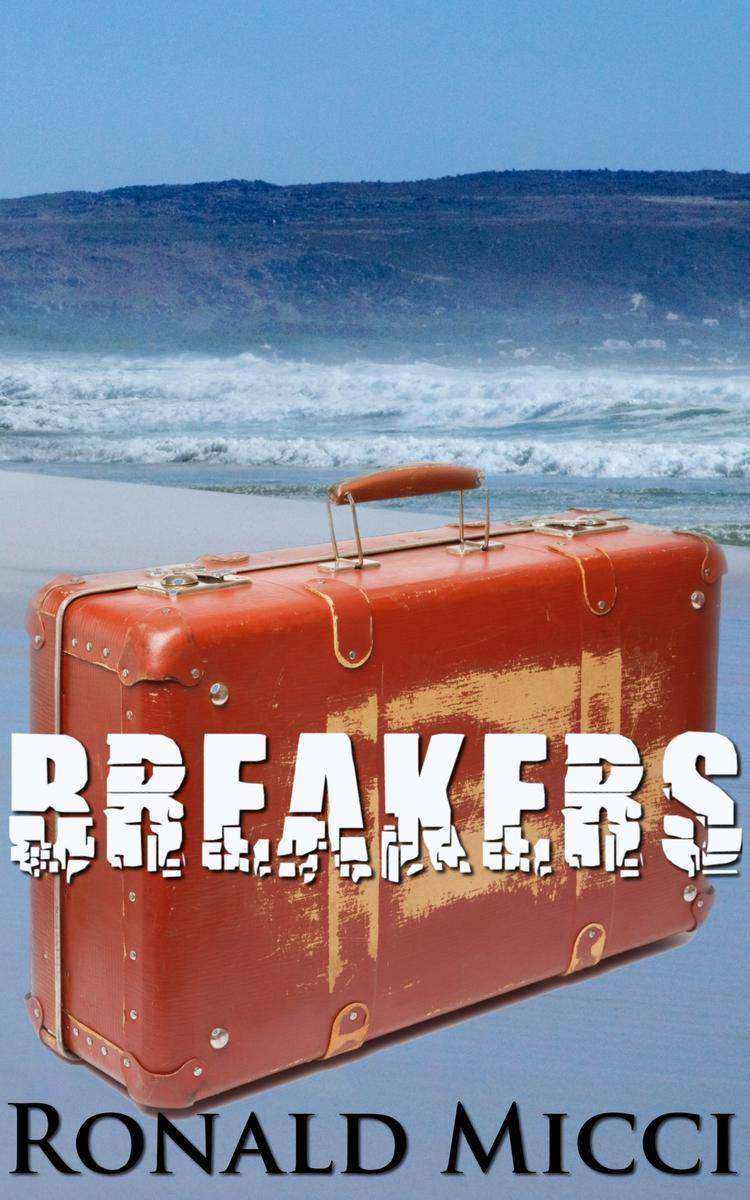
Breakers
¥32.29
Breakers

The Gill People of Outerborough Queens: A Radio Play
¥32.29
The Gill People of Outerborough Queens: A Radio Play

The Arbor: A Play in Seven Scenes
¥32.29
The Arbor: A Play in Seven Scenes

Dark Snow: A Collection of Poignant, Deeply Emotional Soliloquies and Duets
¥32.29
Dark Snow: A Collection of Poignant, Deeply Emotional Soliloquies and Duets

High Concept Harry: Hollywood Hustler
¥32.29
High Concept Harry: Hollywood Hustler
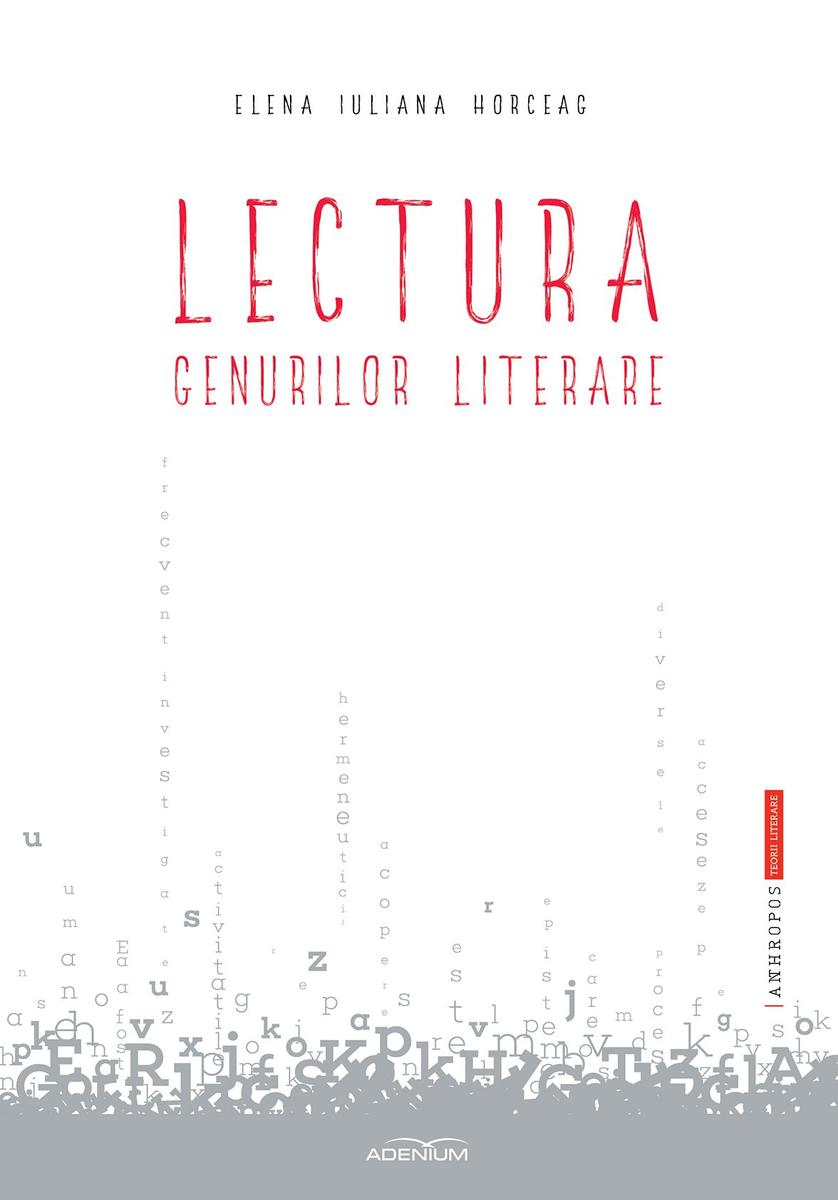
Lectura genurilor literare
¥31.88
n iunie 2015 am publicat n revista Permanene” (nr. 6) articolul Vladimir Tismneanu - ieri i azi”, motivat de faptul c Preedintele Comisiei Prezideniale pentru Analiza Dictaturii Comuniste din Romnia a devenit brusc un atacator al celor susinute n Raportul Final al Comisiei pe care a prezidat-o. Pn n prezent nu exist niciun fel de opinie a dlui Tismneanu i nici a celor de la Institutul Elie Wiesel” - MCA referitor la acest punct de vedere.




 购物车
购物车 个人中心
个人中心



